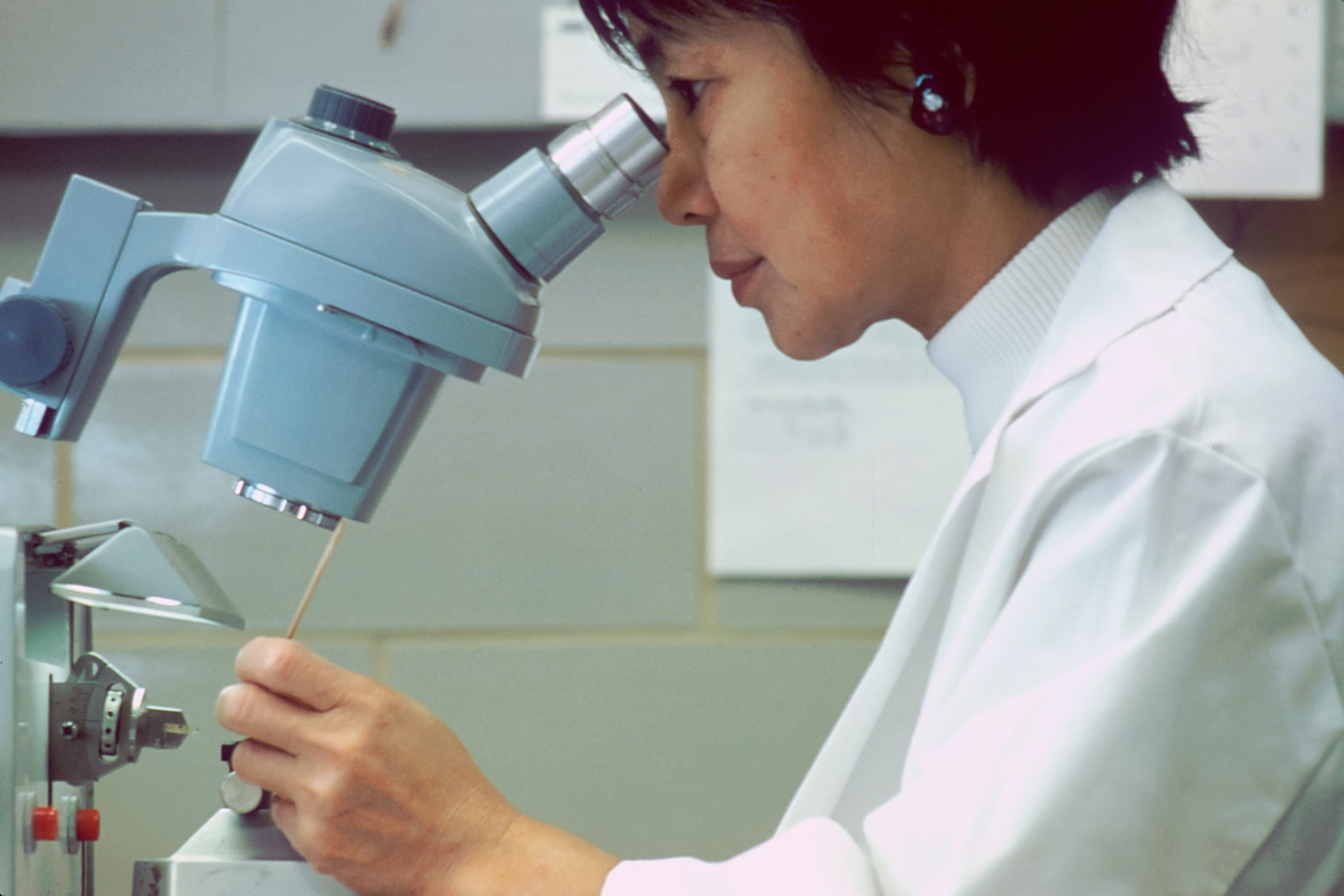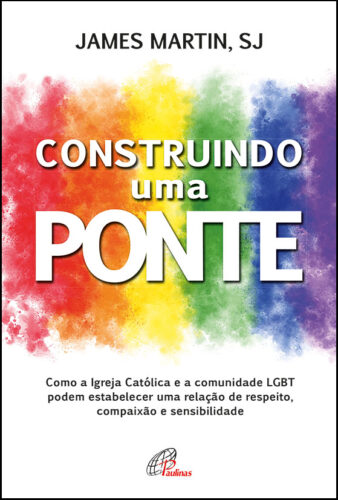The recent “Doctrinal Note on the Moral Limits to Technological Manipulation of the Human Body,” from the Administrative Committee of the U.S. Conference of Catholic Bishops, appeared in March 2023. It is the result of more than six years of consultation with various medical and ethical experts.
As a health care ethicist, I represented the Catholic Health Association in the drafting process and had input on each draft, but the drafting was the work of the Bishops’ Committee.
Earlier drafts addressed many issues (e.g., sacraments, liturgical participation, parish membership), but this final version is focused on two things: the philosophical basis of the church’s understanding of the human person and an application of the traditional teaching on technical interventions on the human body.
The human person, body and soul
The first six parts of the 14-page document outlines the importance of respecting an “inbuilt” or “created” order, and a “grammar” designed by God and reflected in the natural world. The idea of a natural order or an order of nature is usually associated with sex, especially when it is invoked to reject “unnatural” sexual behavior.
But the idea of nature as a given is much broader than that. It is also the basis of environmental ethics which helps us see the result of uncontrolled development. We also see it in discussions of genetic engineering which may have huge benefits, but which could lead to unintended but disastrous consequences. As the saying goes, “Don’t mess with Mother Nature.”
Few people think that nature in general, and the human person in particular, are “formless and completely open to our ability to modify.” We do not “own” creation in such a way that allows us to make any use of it we please. We are learning this as we experience global warming. The concept of the natural order is an important part of moral theology.
I am suggesting that we used to think human nature was totally binary, but the experience of trans persons is causing us to rethink that.
However, “nature” and “natural” are not univocal terms. Even within the Catholic tradition they can be understood in at least two ways. The bishops’ Note uses “nature” in the traditional sense of a general premise that is universal and unchanging. We use deductive reasoning to arrive at new conclusions. “God created all cows black. This cow is not black. Therefore it is not part of God’s creation.” This approach assumes we know everything about God’s plan.
I am using the term in a different sense, which emphasizes the inductive aspect of nature. We can acknowledge an inbuilt order of nature based on God’s plan, but we must acknowledge that the fullness of this plan remains in the mind of God.
We can know a great deal about this plan from Scripture, Revelation, science and our reflection on human experience, but our understanding is partial and evolving. In other words, we discover this plan over time. In this case, we might say, “Well, we used to think all cows were black, but now we have irrefutable evidence that there are brown cows, so we have to revise the basic premise.”
I am suggesting that we used to think human nature was totally binary, but the experience of trans persons is causing us to rethink that. [1]
Science plays a major role in helping us understand more fully what God intends for us. Scientific research has given us a more accurate picture of God’s creation. For instance, we no longer believe that pregnancy results when a little person is deposited in the womb, where it grows to maturity. [2] We know that bacteria and viruses cause disease, not evil spirits or the “four humours” [3]. The human genome was unknown until very recently, yet it provides the most detailed description we have ever had of what “human” means.
Another important point is that we are not passive recipients of God’s created order. God allows us to participate in the development of this natural order as co-creators. Scripture is clear that God gave humans a certain dominion over creation and a vocation to shape the created world. Our dominion is not unlimited, but our call to participation is clear.
The bishops’ Note appears to assume that gender and soul are the same. “A soul can never be in another body, much less in the wrong body,” the Note says. I have heard trans people say they feel they are in the wrong body but of course that is not the case. They are who they are, body and soul. We are beginning to understand that most persons, by nature, experience sex and gender as congruent, but some persons, by nature, do not.
Scripture is clear that God gave humans a certain dominion over creation and a vocation to shape the created world.
The Note rejects forms of “gender ideology” as dualistic if they see gender as just a matter of personal choice or if they “do not regard the body as an intrinsic part of the human person, [but as a mere] instrument used by the soul.”
I do not know any trans person or trans advocate who holds such a position. If we listen to trans people talk about their experience of their own embodiment, there is a sense in which they are trying to achieve the same unity that the document values.
Technological Interventions
Medical interventions, especially surgery, have always been subject to ethical evaluation. Because they are invasive and carry risk, they were seen as morally acceptable for two reasons, namely, repair or replacement (e.g., surgery on a broken leg or replacement of a worn-out knee) or removal of a diseased organ that threatens the health of the whole body (e.g., lung or kidney cancer).
This is the heart of the ethical dilemma. As number 15 in the Note points out, surgery for gender incongruence is not replacing or repairing a defective body part, nor is a diseased body part being removed for the health of the body.
Trans persons seek these interventions for the sake of the whole person.
Trans persons seek these interventions for the sake of the whole person. The health of the whole person is part of our tradition, reaffirmed by Pope Pius XII and others. The argument in favor of transition is that even though the body may not be disfigured or diseased, there is an “inbuilt” disparity between “brain sex” and “body sex” which occurs because the brain and the sexual organs do not develop simultaneously.
The gonads begin to develop first as they differentiate into testes or ovaries. The brain is “sexed” later in fetal development “by sex hormones during a specific hormone-sensitive period during early development.” [4] So it is possible that the brain may develop at variance with genitals.
The ethical question is whether the use of hormones or surgery to reduce the pain of this disparity is ultimately effective and beneficial.
I don’t think trans people deny the “givenness” of human nature; rather, they are saying that their nature as sexed persons is an exception, relative to more common patterns. They participate in God’s plan and share the same human nature as everyone else, but with a variation.
This is why it is important for us to distinguish between gender ideologies based on a desire to foster unlimited self-determination and eliminate discrimination and gender incongruence, a diagnosable medical condition that can be treated.
This reflects the struggle that gay men and women went through in another age. They knew their sexual attraction and affect were atypical, but they also knew they were “made this way,” for reasons they probably did not understand. Similarly, many trans people today knew from an early age that something was not right; only gradually did they begin to understand or have the language to express what they felt.
Their choice is not whether to be transgender or not, but whether to acknowledge the incongruity and seek personal harmony through medical intervention.
Is there any good news?
Yes.
The document is heavy on metaphysical analysis, but modest in its practical claims. It does not mention use of preferred names or pronouns, nor does it discuss hormone therapy or distinguish different kinds of surgery. It does not mention the special case of children who exhibit gender dysphoria.
This suggests to me that the U.S.C.C.B.’s Administrative Committee may have wanted to say as little as possible. They urge that we employ “all appropriate resources to mitigate the suffering of those who struggle with gender incongruence.” This tells us to focus on what we can do for trans patients.
We can listen, we can promote scientific research, we can provide pastoral and spiritual care and we can care for families. (It is noteworthy that the document uses the term “gender incongruence” while other parts of the Note seem to suggest that it is not a real medical condition that requires intervention.)
Trans people are teaching us that human sexuality is more varied and complex than we might feel comfortable admitting. The bishops’ Note may open the door for serious discussions of the questions transgender experience raises. It may help us see that God’s plan for human sexuality is not entirely binary after all. Maybe we will discover that God is glorified by creation in more ways than we thought possible.
Footnotes
[1] Daniel Horan, OFM, develops this idea much more fully in his book, Catholicity and Emerging Personhood: A Contemporary Theological Anthropology (New York: Orbis, 2019). Horan relies on a Scotist rather than a Thomistic understanding of human nature.
[2]“In the history of embryology, the homunculus [little man] was part of the Enlightenment-era theory of generation called preformationism. The homunculus was the fully formed individual that existed within the germ cell of one of its parents prior to fertilization and would grow in size during gestation until ready to be born.”
[3]“Early Greek physicians held that four bodily fluids—blood, phlegm, yellow bile and black bile—caused illness persisted for more than 2,000 years in the West until the rise of controlled empirical science in the mid-19th century. Humoral medicine’s most compelling claim on our attention, though, is its belief that health and its opposite, dis-ease, were due to complex interactions among an individual’s four internal humors, his lifestyle and habits, and his environment.” https://journalofethics.ama-assn.org/article/legacy-humoral-medicine/2002-07
[4]See Judith Bakker, “The Sexual Differentiation of the Human Brain: Role of Sex Hormones Versus Sex Chromosomes” in Neuroendocrine Regulation of Behavior (Springer, 2019), pp. 45-67. The author also says “Thus, male-typical psychosexual characteristics seem to develop under the influence of testosterone, mostly acting during early development. By contrast, female typical psychosexual characteristics may actually be organized under the influence of estradiol during a specific prepubertal period.”



